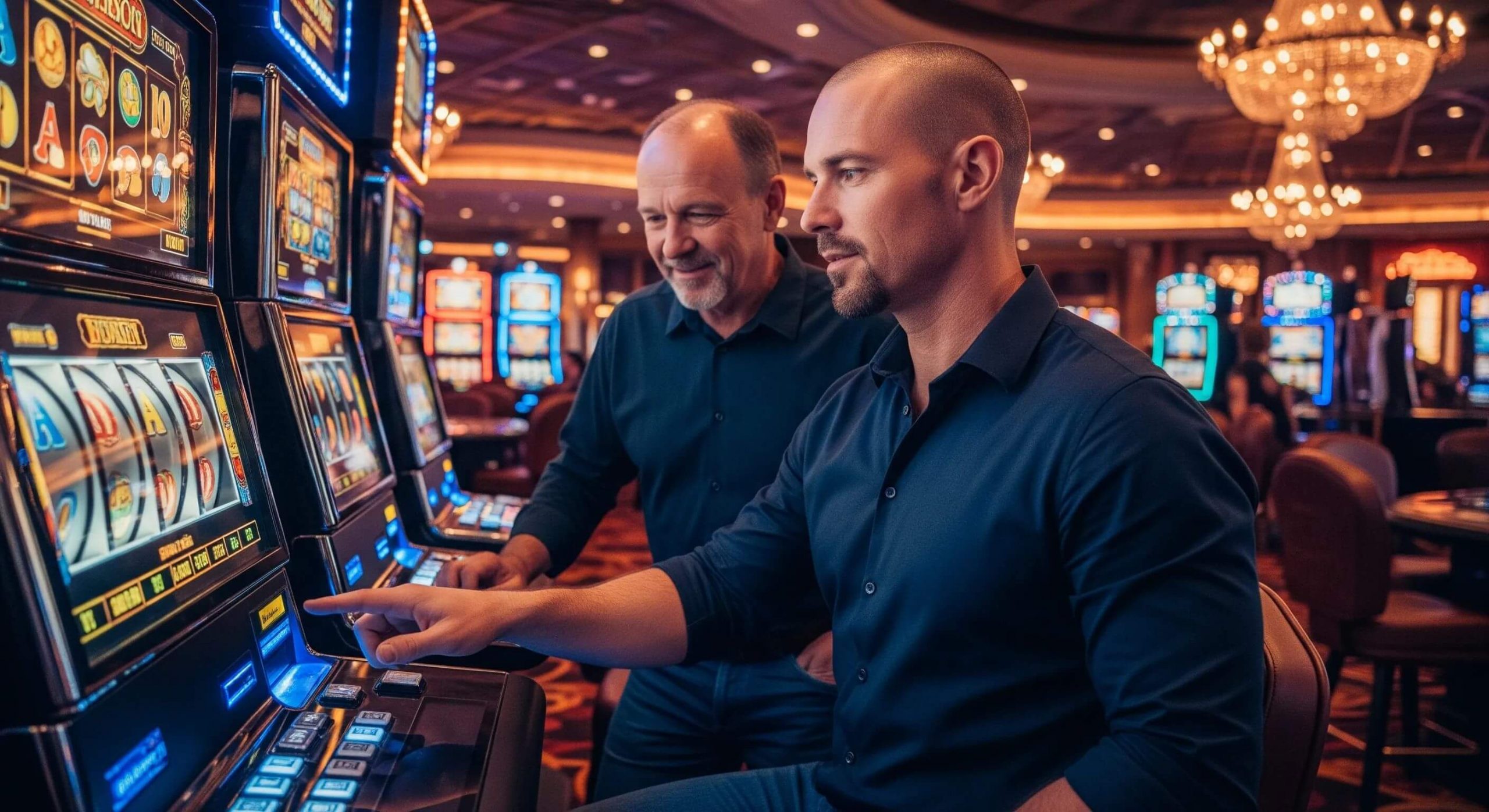
The role of licensing authorities: who regulates casinos worldwide

In the world of casinos—whether bricks-and-mortar or online—nothing separates a legitimate house from a fly-by-night operation faster than its licence. A gaming licence isn’t just some ornamental badge, it’s proof that the casino is operating under strict regulations, abiding by financial safeguards, and not stacking the deck unfairly. But here’s the rub: casino regulation varies wildly across jurisdictions, and many newcomers still assume one licence fits all. That’s a dangerous oversimplification. To understand how regulation actually works, you’ve got to untangle who’s calling the shots in each corner of the globe, and what their specific remits are.
The basics of casino licensing
Most authorities worth their salt require strict adherence to player protection protocols, anti-money laundering controls, and transparent game fairness verification. That includes regular auditing of Random Number Generators (RNGs), secure handling of players’ funds, and Know Your Customer (KYC) checks. If a casino wants to operate legally in a jurisdiction, it must meet the licensing criteria set by that authority—and not all authorities are created equal. I’ve seen reputable casinos spend years securing a Maltese licence because of its high bar, while others choose Curaçao for its quicker, less stringent path. The choice of authority isn’t just bureaucratic; it shapes the entire player experience and trustworthiness of the operation.
The role of licensing authorities: who regulates casinos worldwide
Let’s talk about the big boys and regional watchdogs. These are the outfits whose stamps of approval still carry weight—at least amongst those of us who’ve been around long enough to know what matters.
United Kingdom Gambling Commission (UKGC)
Hands down, the UKGC is one of the most stringent regulators on the planet. It monitors everything from how casinos advertise, to how they handle problem gambling, and how securely they store client data. They’ve pulled licences mid-operation if standards aren’t met, and frankly, I tip my hat to them for it. Casinos like Betfair have had to stay razor-sharp to retain UKGC approval, adapting their terms and systems continuously. Players with UKGC-regulated casinos can sleep easier knowing the watchdog has real bite.
Malta Gaming Authority (MGA)
The MGA is often considered the industry’s gold standard for European operators. It combines a forward-looking regulatory framework with robust enforcement. Their technical demands—especially on RNG certifications and multi-wallet compliance—have weeded out more than a few dodgy start-ups. I remember one early 2010s operator getting their MGA licence suspended because of a sloppy withdrawal process and failing to segregate player funds. For operators who want to play in the big leagues, MGA credentials aren’t optional—they’re the entry ticket.
Curacao eGaming
Now, here’s where the water gets a bit murkier. Curaçao licences are popular because they’re easy to get, and you can operate globally with just one sub-licence. But historically, enforcement’s been lax. There’s no requirement for segregated funds, and customer complaint mechanisms are weak. I’ve seen quite a few fly-by-night operations wear that Curaçao badge while running cowboy operations. Still, reputable sites like InstantPay buck the trend, proving it’s not just the licence—it’s what you do with it.
What makes a licence trustworthy?
There’s a saying in our industry: “A licence is only as good as the authority that issued it.” Trustworthy licences share a few things in common. First, they provide a clear pathway for dispute resolution between players and casinos. Second, they mandate regular third-party game audits, ensuring slot percentages and table odds are genuinely random. And third, they monitor advertising to keep operators from luring players under false pretences. Combine those three, and you’re dealing with folks who take their duty seriously. I once reviewed a progressive jackpot report where the audit showed a marginal deviation of 0.02% in favour of the house. That led to further inspection and eventually a reworking of the payout algorithm. Under a lax regulator, that anomaly would’ve gone unnoticed. You’d be surprised how many players explore progressive jackpots without ever asking who’s verifying those rising numbers.
Decentralised licensing vs local regulation
Nowadays, we’re seeing more decentralised models emerge. Take crypto casinos, for instance. With no geographical base, they often shop for the most lenient jurisdiction, dodging stricter local gaming laws. While this suits innovation and rapid launch cycles, it’s a minefield for player protection. I’ve watched operators flip between jurisdictions mid-year to dodge new AML requirements. It’s like changing the rules halfway through the game.
Final thoughts on choosing regulated platforms
If there’s one bit of wisdom you carry forward, make it this: not all licences mean the same thing, and it takes a seasoned eye to read between the lines. A flashy homepage and big bonuses mean nothing if the underlying regulator doesn’t hold the operator accountable. Experienced players always scroll right to the bottom of the page first—looking for that licence number, and cross-checking it with the official registry. Choosing a properly licensed casino isn’t just about legality—it’s about fairness, security, and peace of mind. The house always has an edge, sure. But at least with the right regulator watching over, the cards are dealt straight.
 Related Blog posts
Related Blog posts

